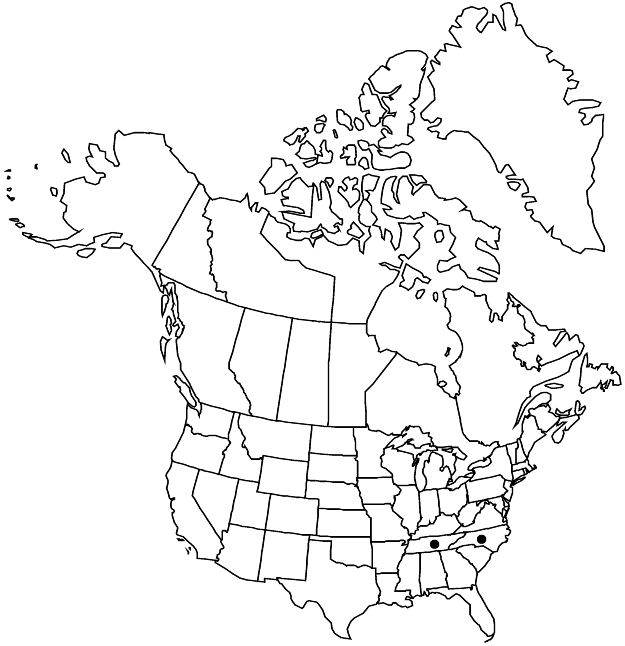Difference between revisions of "Hypericum graveolens"
Amer. J. Sci. Arts 45: 174. 1843.
FNA>Volume Importer |
FNA>Volume Importer |
Revision as of 20:14, 24 September 2019
Herbs erect, with rooting, creeping base, 3–6.5 dm. Stems: internodes 4-lined at first, soon 2-lined, with black glands on or near lines. Leaves spreading, sessile; blade ovate to oblong or lanceolate, 33–65 × 15–27 mm, base cordate to truncate or broadly cuneate, margins plane, apex obtuse to rounded, midrib with 4–5 pairs of branches, tertiary veins densely reticulate toward margins, black glands intramarginal (dense) and, sometimes, laminar (scattered). Inflorescences subcorymbiform, (2–)5–14(–22)-flowered, subsidiary branches sometimes narrowly ascending or curved-ascending. Flowers 20–25(–30) mm diam.; sepals not imbricate, erect in fruit, lanceolate, subequal, 5–7.5(–11) × 1–3 mm, apex acute; petals golden yellow, narrowly obovate, 11–18 mm; stamens 50–90(–103); anther gland black; styles 5.6–12 mm. Capsules broadly ovoid, 5–8 × 3.5–5 mm, with longitudinal vittae. Seeds not carinate, 0.8–1.1 mm; testa linear-reticulate. 2n = 16.
Phenology: Flowering summer (Jun–Aug).
Habitat: Open or partly shaded, moist habitats, dry, rocky roadside banks
Elevation: 1200–2100 m
Discussion
The chromosome count of n = 16 by Adams (in N. K. B. Robson and W. P. Adams 1968) is now regarded as an error; see D. E. Culwell (1970).
Hypericum graveolens is a relict species with close relatives in Japan; it hybridizes with H. ×mitchellianum and, probably, also with H. punctatum.
Selected References
None.
